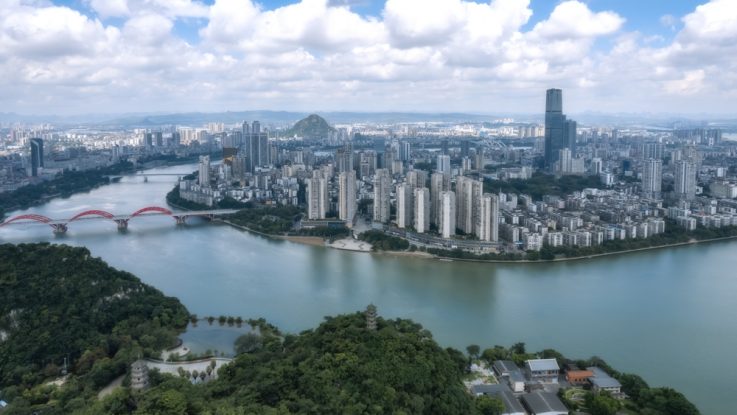
Seoul, Korea’s Metropolitan Government (SMG) recently announced that the fine particulate matter (or PM2.5) level in the city has reached its lowest level since 2019. The city’s PM2.5 level declined by 37% and the number of days with ‘good’ PM2.5 levels quadrupled.
SMG launched its first “seasonal management” in 2019, where stricter preventive measures between December and March – where high concentrations of fine dust often occur – are implemented annually in an attempt to lower PM frequency and levels. The city’s seasonal management policy includes an 84% reduction in the number of grade 5 restricted vehicles, participation by 1.21 million households in the city’s eco-mileage energy savings program, and expansion of street sweeper operation to 4 times a day.
Over the last December-March time frame, Seoul conducted 16 intensive measures involving the three primary sources of PM2.5 in the city: transportation; heating; and business sites, to reduce winter PM levels. The SMG estimates that the measures reduced PM2.5 by 141 tons and nitrogen oxides by 2,873 tons. The measures also saw the number of violations of the ban on emission gas grade five vehicles dropped by half (51%) relative to the fourth management period. The number of eco-friendly construction sites – where the city government signs agreements with builders to induce voluntary reduction of fugitive dust – increased from 101 to 150.
The SMG plans to conduct an in-depth analysis of the impact of the fifth seasonal management to continue to develop and enhance measures for the sixth seasonal management scheduled to begin in December of 2024.